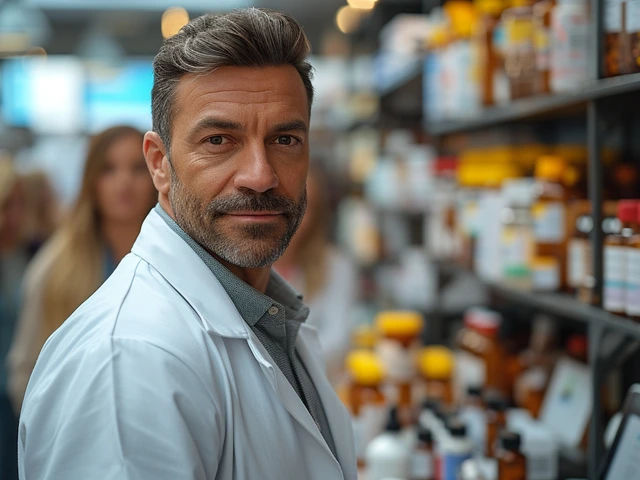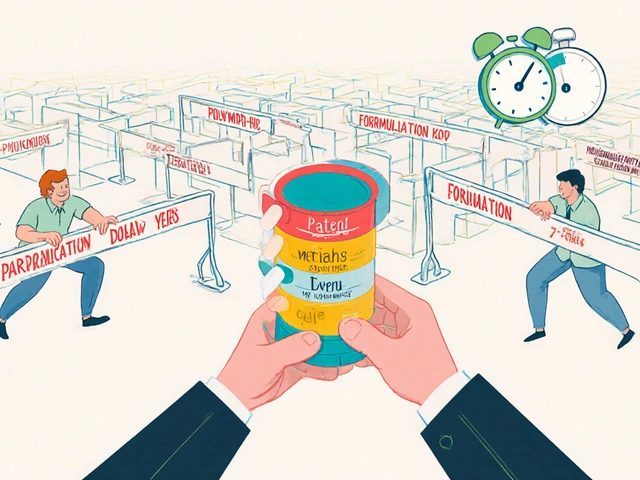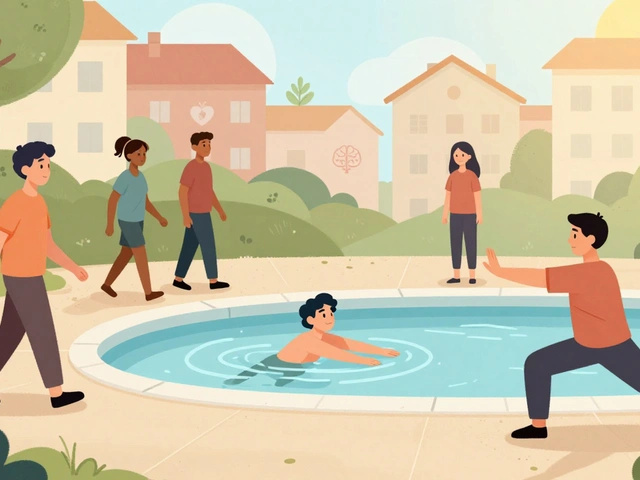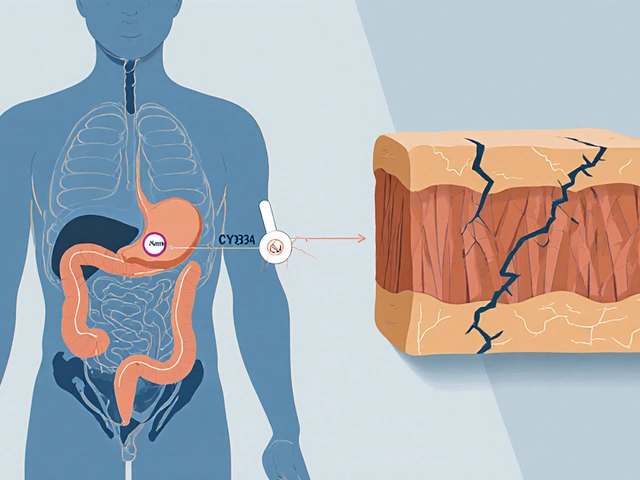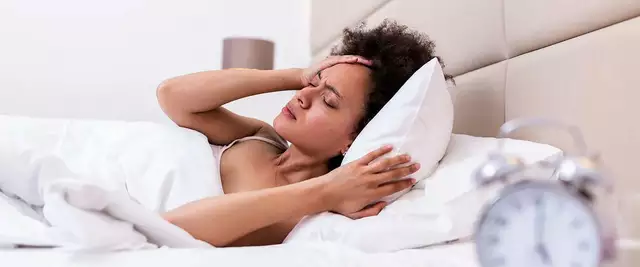Melbourne healthcare: find clinics, pharmacies and quick help
Need reliable healthcare in Melbourne without the guesswork? This page collects practical tips, local resources and safety checks so you can find care fast and avoid scams. Whether you need a GP, specialist, or a safe online pharmacy, these pointers will save time and stress.
Where to find care fast
If you need a GP, try Healthdirect or your local council clinic to see who's taking patients. For public hospitals, the big names are places like Royal Melbourne Hospital, Monash Health and The Alfred — they handle emergencies and specialist care. Want a faster option? Many GP clinics offer bulk-billing or after-hours services around the suburbs.
Check a clinician’s registration at AHPRA (Australian Health Practitioner Regulation Agency). That confirms their credentials. Also look for patient reviews on Google or local Facebook groups, but use them only as one of several clues.
Telehealth is widespread and useful for routine issues, prescriptions, and follow-ups. Most Melbourne GPs offer video or phone consults that still let you claim Medicare rebates. If you have complex health needs, ask the clinic whether they can share notes with your specialist or your My Health Record.
Buying medicine safely in Melbourne
For prescriptions, use a registered pharmacy. If you want cheaper medicines, check the PBS (Pharmaceutical Benefits Scheme) listing — it shows which drugs are subsidised and the patient cost. When buying online, stick to Australian pharmacies that require a valid prescription and display their Pharmacy Board or AHPRA details.
A few safety checks before you buy meds online: 1) Does the site list an Australian business address and Australian pharmacist contact? 2) Is a prescription required and verified? 3) Are the product labels clear about active ingredients and batch info? If the price looks too good to be true, pause — counterfeit or unsafe meds are real risks.
For antibiotics, controlled drugs or specialist prescriptions, schools of practice differ. Your GP or specialist should explain alternatives and side effects. If a pharmacy offers delivery, confirm how they package and track the order — temperature-sensitive meds (like some biologics) need proper handling.
Emergency and urgent contacts: Call 000 for life-threatening emergencies. For urgent but non-life-threatening issues, your GP, after-hours clinic, or Healthdirect (1800 022 222) can guide you. If you’re unsure whether to go to ED, Healthdirect’s online symptom checker helps triage your next step.
Want local help? Community health centres offer affordable services, mental health support and chronic disease programs. Search your suburb + "community health" for options. Keep records of diagnoses, current meds and allergies—this makes any visit quicker and safer.
Got a specific question about a medicine, clinic or telehealth option in Melbourne? Ask and I’ll point you to the most useful local resources.
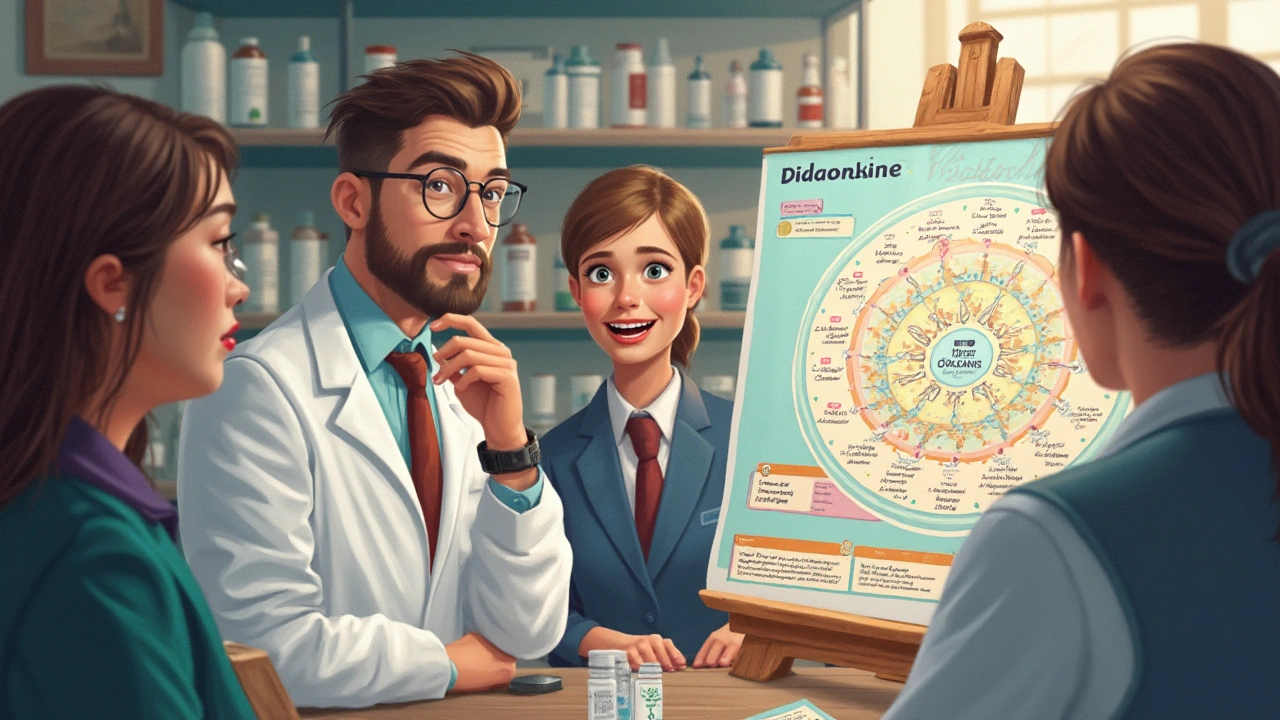
Didanosine, an important medication used for HIV treatment, can interact with several other drugs, leading to side effects or decreased effectiveness. This article covers the main ways didanosine interacts with other medications, explains why these reactions matter, and gives practical advice for anyone taking didanosine or caring for someone who is. You'll also find tips from Melbourne healthcare experts and real-life scenarios to help you make safer choices. Avoid dangerous combinations and get the facts you need to protect your health.


